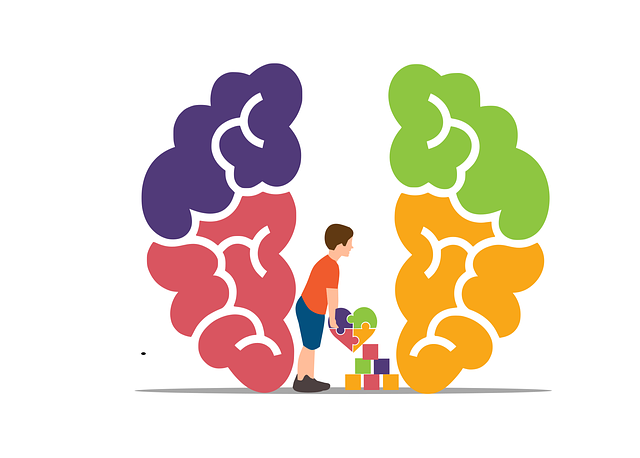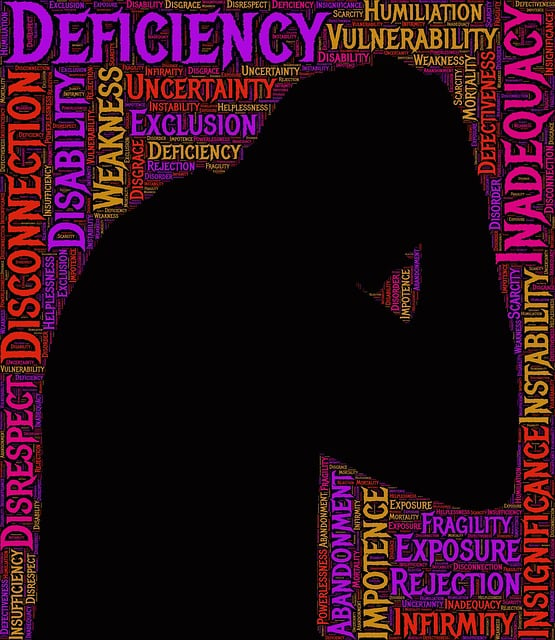Lone Tree Grief Counseling Therapists prioritize risk management to ensure client safety and therapeutic effectiveness. They tackle emotional intensity, traumatic disclosures, and behavioral shifts, offering strategies like depression prevention and stigma reduction to create a non-judgmental environment. Unique challenges, such as work-life balance and burnout prevention, are addressed through self-care, support networks, and professional development. The practice leverages cultural sensitivity, coping skills development, clear communication boundaries, crisis management procedures, and supervision for robust risk mitigation, ultimately fostering healing in a supportive setting.
“1, ‘s’ and) on an ‘t’ in the relevant on a/d’,’ ‘no’ in’ (Not to) as’ s’ in ‘b, but not c’ of’ in the above. In 23, ‘s’ for the 7/3
- Understanding Risk in Mental Health Practice
- Identifying Potential Hazards for Lone Tree Grief Counseling Therapists
- Strategies for Effective Risk Management
- Creating a Comprehensive Risk Plan for Your Practice
Understanding Risk in Mental Health Practice

In the realm of mental health professional services, understanding risk is paramount to ensuring safe and effective care. Risk in this context encompasses a wide array of potential challenges that may arise during therapy sessions, including emotional intensity, disclosure of traumatic experiences, and sudden changes in client behavior or mood. For instance, a client suffering from depression may experience acute distress or suicidal ideation, requiring the therapist to navigate delicate situations with utmost care. Additionally, as mental health practitioners, especially in Lone Tree Grief Counseling Therapy settings, professionals must be vigilant about recognizing and managing their own emotional responses to avoid burnout and maintain clinical integrity.
Moreover, addressing risk involves more than just crisis management; it also entails proactive measures like Depression Prevention strategies, Compassion Cultivation Practices, and Mental Illness Stigma Reduction Efforts. These initiatives are crucial in fostering a safe, non-judgmental environment that encourages clients to explore their emotions openly. By integrating such practices into their planning, mental health professionals can mitigate risks, enhance therapeutic outcomes, and ultimately contribute to the holistic well-being of their clients.
Identifying Potential Hazards for Lone Tree Grief Counseling Therapists

Lone Tree Grief Counseling Therapists often face unique challenges due to their specialized and sensitive role. Identifying potential hazards is a crucial step in risk management planning. One significant concern is maintaining a healthy work-life balance, especially when dealing with emotionally demanding cases. The nature of grief counseling can lead to burnout if therapists don’t prioritize self-care and mental wellness. This includes recognizing the impact of prolonged exposure to intense emotions and ensuring access to support networks or professional development opportunities like Mental Wellness Coaching Programs.
Another hazard is the risk of isolation, as these therapists may work independently, without immediate supervision or peer collaboration. Encouraging open communication strategies and providing platforms for ongoing training in positive thinking can mitigate these risks. Regular check-ins with colleagues or participation in professional networks can foster a sense of community, enhance support systems, and contribute to overall practice resilience.
Strategies for Effective Risk Management

Mental health professionals are often faced with complex situations that demand a nuanced approach to risk management. A comprehensive strategy should include several key components. Firstly, integrating cultural sensitivity in mental healthcare practice is essential. Understanding and respecting diverse cultural backgrounds and beliefs can prevent miscommunication and enhance therapeutic relationships, fostering an environment where clients feel safe to express themselves honestly.
Additionally, coping skills development plays a pivotal role in risk mitigation. Equipping clients with effective tools to manage stress, anxiety, and depression can significantly reduce the likelihood of adverse outcomes. Regularly reviewing and updating these strategies, tailored to individual needs, ensures that both professionals and clients are prepared to navigate challenges proactively. This proactive approach, combined with cultural sensitivity, forms a robust foundation for Lone Tree Grief Counseling Therapy, enabling practitioners to offer high-quality care in a supportive setting.
Creating a Comprehensive Risk Plan for Your Practice

In the realm of mental health services, risk management planning is an indispensable component for ensuring the safety and well-being of both professionals and clients. For Lone Tree Grief Counseling Therapy practitioners, crafting a robust risk plan means acknowledging potential challenges unique to their field. This includes managing intense emotions, addressing complex grief trajectories, and fostering an environment that supports vulnerable individuals through coping skills development.
A comprehensive risk strategy involves multiple layers: integrating communication strategies for clear boundaries and consent; implementing procedures to manage crisis situations; and promoting ongoing supervision for professionals. By incorporating these elements, mental health practitioners can create a safe space conducive to healing. Additionally, staying abreast of emerging research in mental wellness podcast series production can offer valuable insights into innovative coping techniques, enriching the services provided at Lone Tree Grief Counseling Therapy.
Mental health professionals in Lone Tree Grief Counseling Therapy must proactively manage risks to ensure a safe and supportive environment for both clients and themselves. By understanding risk dynamics, identifying potential hazards, and implementing effective strategies, therapists can create robust comprehensive risk plans tailored to their practices. This proactive approach not only enhances client care but also fosters resilience and sustains the well-being of mental health professionals in this essential service sector.














